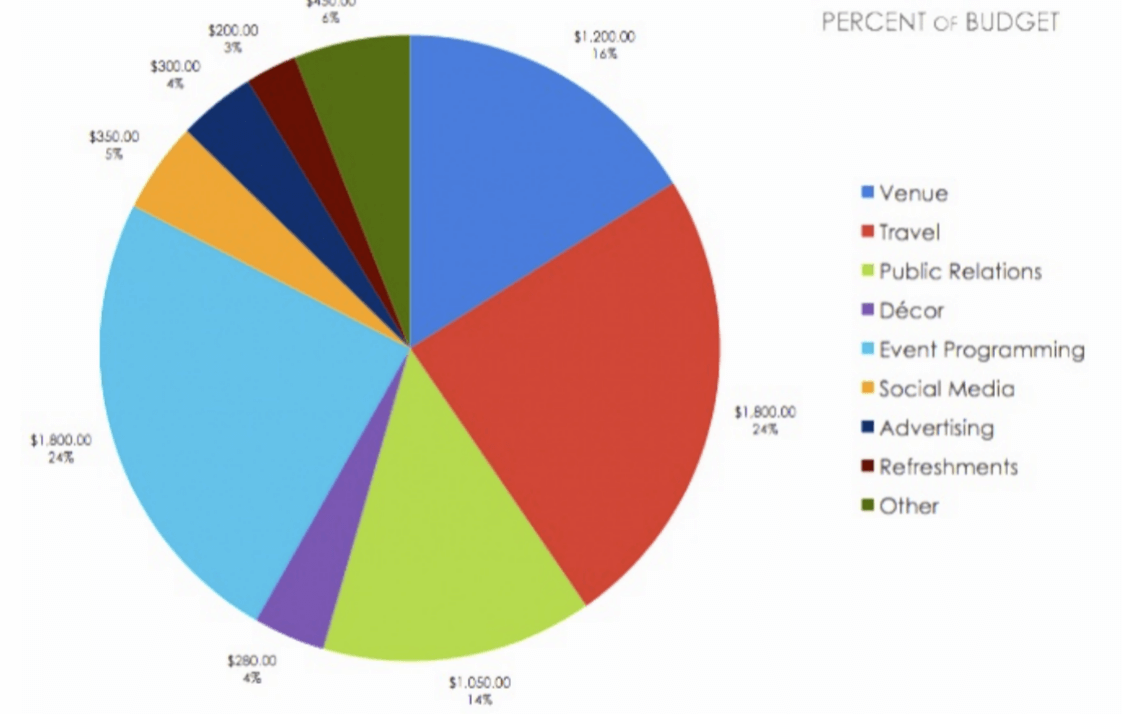HOW TO MAKE A GOOD FINANCIAL PLAN
Imagine for a moment that there was a simple trick or magic formula that could take care of all your money management problems.
Not likely, but there are several easy things you can do today to boost your financial situation. Implement these five guidelines, and your financial situation will improve dramatically. By adhering to these five rules, you can begin to alleviate your financial burdens and enjoy the rewards of lower debt, future savings, and a decent credit score.

1. Define Your Monetary Objectives
Make a written list of all the things you want to do financially in the future. Possible plans include a month-long trip throughout Europe, a new home, or retirement. Planning your finances depends on which of these you choose to prioritise. Having the opportunity to save now is especially important if you want to retire early. How you handle your finances will impact many other aspects of your life, such as settling down with a family, relocating, or making a career shift.
If you've already taken the time to write out your financial objectives, the next step is to rank them in order of importance. Using this method, you'll be able to zero in on what really matters. It's also possible to rearrange them in whatever way you see fit. On the other hand, long-term objectives like retirement savings necessitate that you make progress on them even as you pursue other dreams.
Some suggestions for developing your financial plans are provided below.
Think ahead and plan for debt repayment, property ownership, and early retirement. There is a big difference between saving for a date night and saving for a new car.
Set short-term goals like sticking to a budget or cutting back on spending, or use them to help prioritise your finances.
2. Make Your Plans A Reality
You must have a strategy to assist you in reaching your financial objectives. Developing a monthly spending plan is one method for tackling debt.
After completing these steps and sticking to your plan for a couple of months, you may find that you have additional cash and money saved from paying off debt that may be utilised for your next ambitions and financial objectives.
Once more, setting priorities is essential. Keep working diligently toward your long-term retirement objectives, but shift your focus to the most pressing of your shorter-term targets. Are you looking for ways to make this holiday season special? Have you begun to put money away? To establish a business or to buy a house? All of these factors are important to think about when making plans for the future.
To help you with your financial strategy, here are some things to consider.
You must need a budget. Consider it your most potent weapon in the fight against financial uncertainty. Everything else will work out fine if you nail down the budget.
It's important to keep putting money toward long-term goals like retirement savings, no matter where you are in your financial planning process.
Setting aside money in an emergency is another way to ease the pressure.
3. Make And Follow A Spending Plan
Creating a budget is a crucial step in managing one's finances. For the first time, you can set financial priorities and develop a realistic budget to go where you want to go.
In order to save money, pay bills, develop an emergency fund, and pay off debt, you need a budget.
A financial plan can also help you prioritise your spending over the coming weeks, months, and years. Without a plan, it's easy to waste money on pursuits that seem vital at the time but ultimately contribute nothing to your success. So many people lose their way in this complex system and give up trying to provide adequately for their families.
Always take the time to acknowledge and appreciate your progress. Celebrate your success after you've finally eliminated your debt. If you manage to stay within your budget for two months in a row, or if you are able to replenish your emergency fund, you deserve a reward.
Married couples should create a joint budget in order to minimise financial difficulties. As a result of your shared dedication, working together always results in a win for both of you. Cooperation reduces the frequency and intensity of disagreements over financial matters. Read on if you're recently married and need help establishing your first household budget!
●If you find that you can't keep your spending under control, an envelope budget may be the solution for you.
●Get a smartphone app that incorporates budgeting software so that you may record your costs as they occur.
●Spending should be budgeted ahead of time to avoid unnecessary waste.
4. Get Out of Debt
The accumulation of debt prevents many people from reaching their full economic potential. Deficit reduction should consequently be prioritised. Create a plan to pay off your debts and get ahead. You prioritise paying down one loan at a time with any excess money you have while still making the minimum payment on all of your bills. A debt repayment snowball can be achieved by redistributing funds from one loan to another after the first loan has been paid off.
After you've paid off your debts, make a deal with yourself that you won't incur any more. There are times when it's best to forego using plastic. Avoid using your credit card to pay for unexpected expenses; instead, save up in case of an emergency.
Implement the following strategies to reduce your debt load sooner.
If you need more money to pay your bills, consider selling some unused belongings.
You might need to work two jobs if you wish to improve your financial status, either temporarily or permanently.
Explore cost-cutting measures to free up additional funds for debt settlement.

5. Proactively Consulting Others
If you've saved up enough money and are ready to begin investing, a financial planner can guide you in the right direction.
A professional financial advisor can help you reach your financial objectives more quickly by educating you about the risks associated with each investment option and guiding you into a product that fits your level of comfort and investment return expectations. A financial planner also has the added benefit of assisting with budgeting.
(Writer:Vier)





